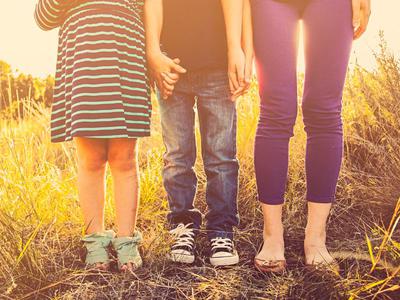Books for psychology students and curious minds
Does Birth Order Affect Your Personality?
by James Clarke
To what extent is your personality affected by the order in which you were born in your family.
Comments for Does Birth Order Affect Your Personality?
|
||
|
||

